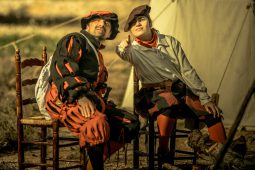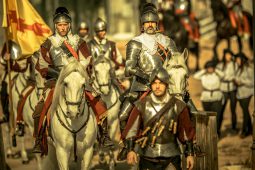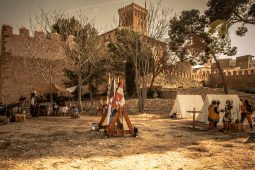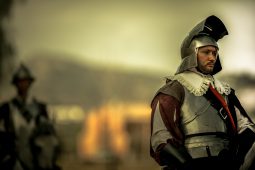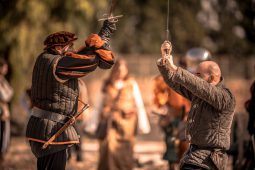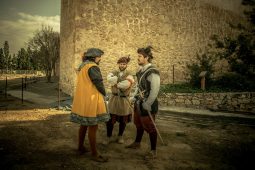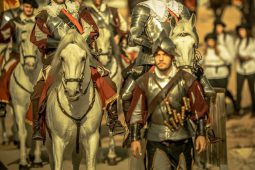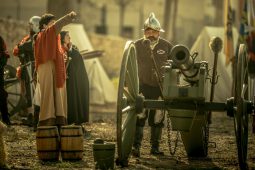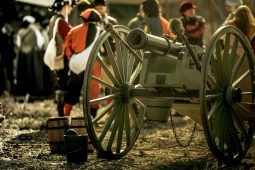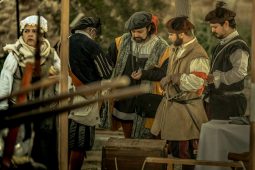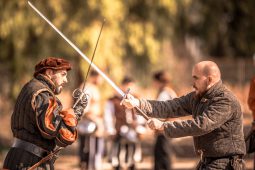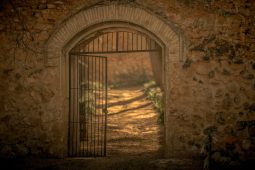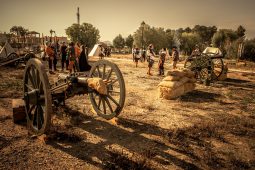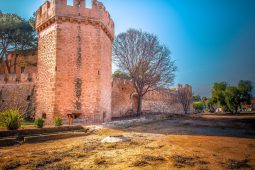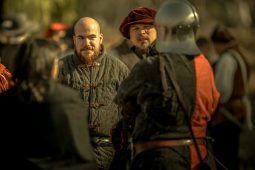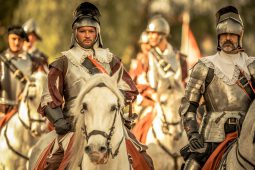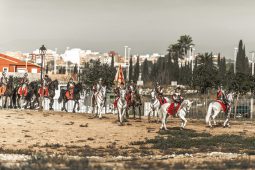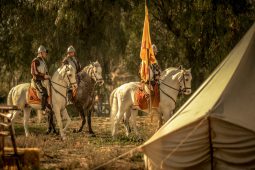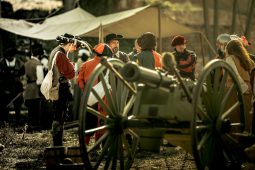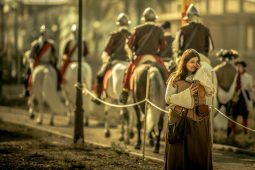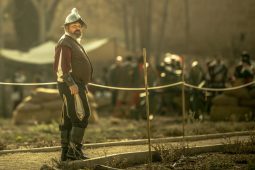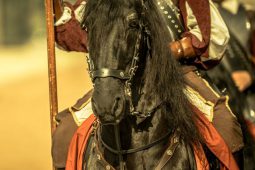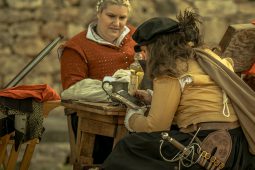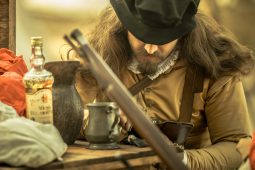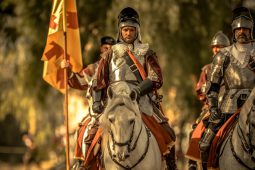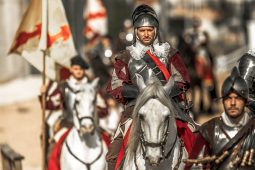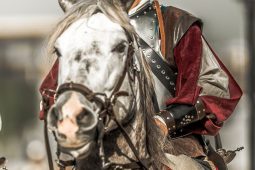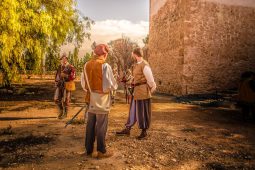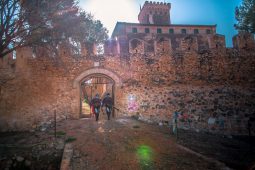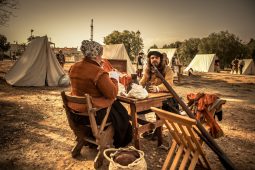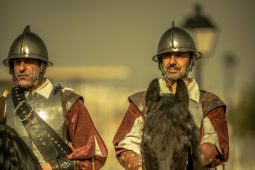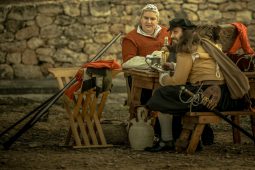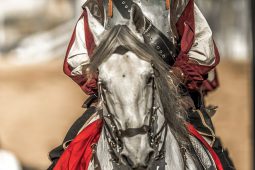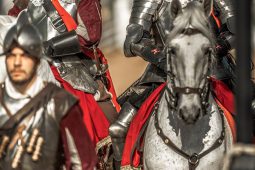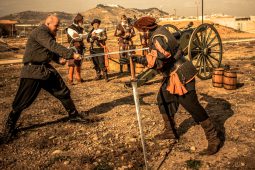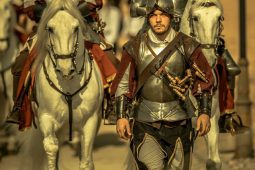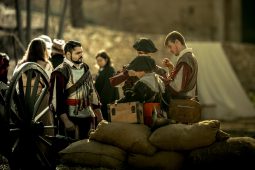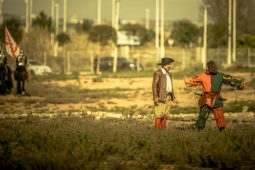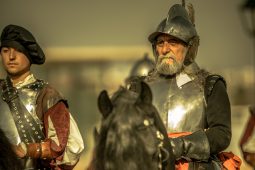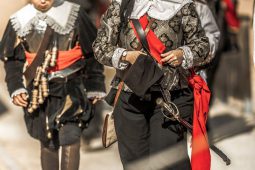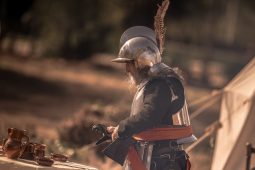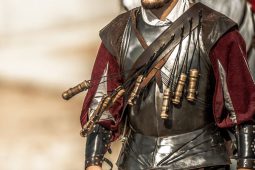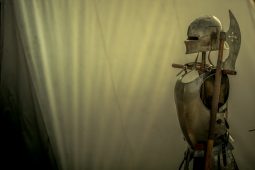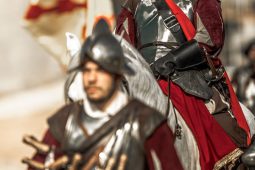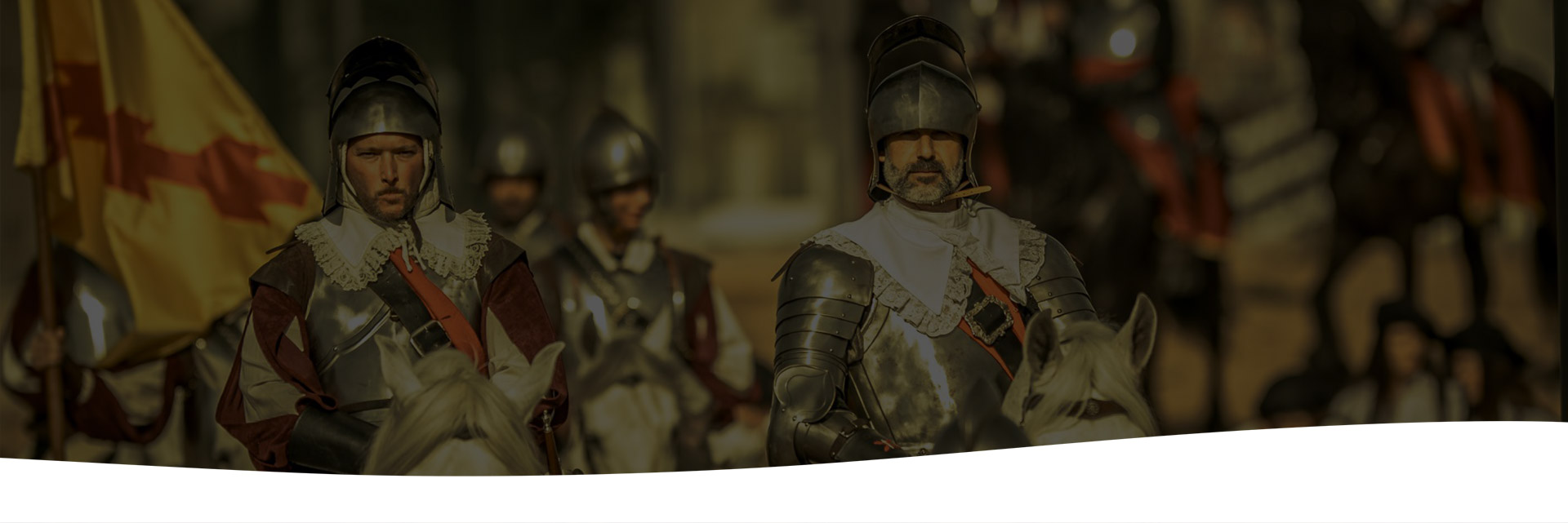
Battle of Pavía
Historical recreation battle of Pavía
Development of the act
The Benissanó City Council a series of activities and minutes throughout the next days of celebration of the acquisition of the Castell on a municipal basis at the beginning of February of each year.
After the success obtained in 2018 with the «multi-epoch» sessions held inside the Benissanó castle, where it was given life, the proposal for the year 2019 was my most ambitious.
In 2019, the activity would be based on one of the most emblematic episodes for the history of the Benissanó castle, the Battle of Pavia.
The final result of this contest in Italian lands on February 24, 1525 was the * arrest of the French King Francisco I, the castle of Benissanó feels his first place of captivity in Spain. These two facts would be the axis adjusted to which the representations would rotate throughout the historical days.
The proposed title for the event is “A King: A people with History. 1st recreation of the battle of Pávia and the captivity of the French King”.
History
The battle of Pavia was fought on February 24, 1525 between the French army under the command of King Francisco I and the brother-Spanish troops of Emperor Carlos V, with victory for the latter, in the vicinity of the Italian city of Pavia.
Leyva’s troops encircled the French rear and cut them off. Bonnivet, Francisco’s chief military adviser, committed suicide. French corpses were beginning to pile on top of each other. Many French, seeing defeat, tried to escape. In the end, French casualties totaled about 8,000 dead and 2,000 wounded.
The situation was dramatic for the French troops; they fought hand to hand and the thirds did not spare the life of the French. The King of France and his escort also fought on foot; in the heat of the battle, Francisco I with a group of loyalists, was taken over by the troops. Francisco I fell from the horse and when trying to get up he found the «rapier» of a soldier of the Spanish infantry, it was the Basque Juan de Urbieta Berástegui y Lezo. Juan did not know that he had captured the same king of France.
Juan de Urbieta, together with the Granada-born Diego *Dávila and the Galician Alonso Xiula da Veiga, were not aware of who they had just captured, but from the clothing they assumed that he was a French nobleman. That prisoner turned out to be the same king of France.
The king of France Francisco I had fallen prisoner of Carlos I. The news spread like fear foam all the European territories. France had been humiliated fear the capture of its monarch at the hands of the Spanish thirds




